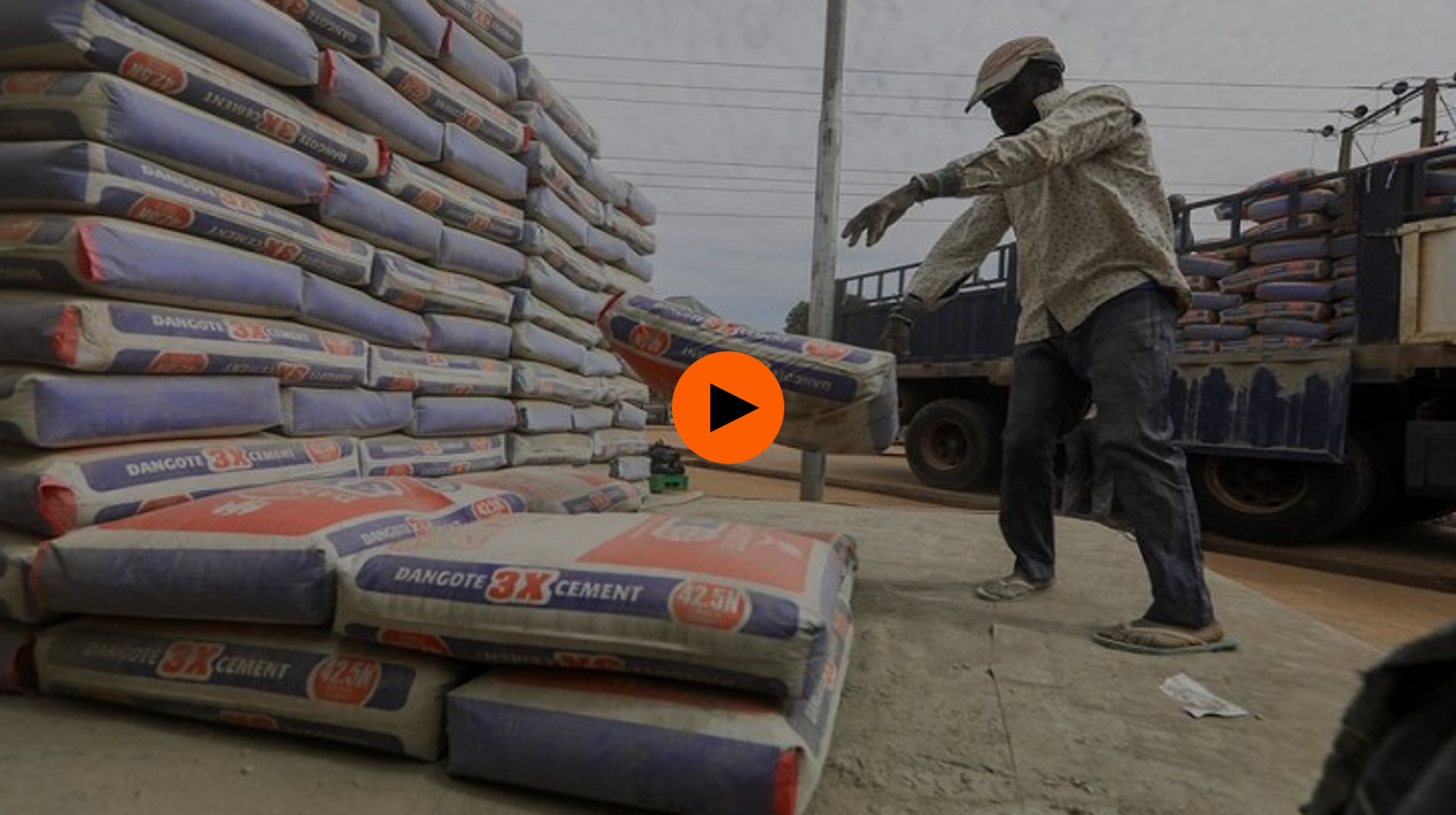
Cement Prices Threaten Nigeria’s Economic Recovery
Dangote Cement, founded by Africa’s richest man, Aliko Dangote, has a 60.6% market share, Lafarge Africa – 21.8%, BUA Cement – 17.6%.
Nigerian property developer Olawale Ayilara is grappling with spiralling costs.
He’s CEO of LandWey Investment, which is building 12 000 homes across 14 sites in the affluent Lekki district of Lagos.
But the price of cement is soaring, raising concerns that construction, seen as crucial to the recovery of Africa’s largest economy, is being impeded.
”It has a large effect in what the price of building development will be right now in Nigeria and it is a lot of problems because already prices are really skyrocketing, but this is due to … there is nothing the developers can do actually, but this is due to the raw materials of the likes of cement and then some other things.”
Ayilara says cement prices rose by over a third in November. Lawmakers blame the dominance of three large firms.
Dangote Cement, founded by Africa’s richest man, Aliko Dangote, has a 60.6% market share, Lafarge Africa – 21.8%, BUA Cement – 17.6%.
That monopoly stems from an import ban that has been in place for most of the last 20 years. Its aim was to develop self-sufficiency in cement production.
Joachim MacEbong is a senior analyst at Lagos-based consultancy SBM Intelligence.
”The fast way will be to allow import of cement into the country, the slow way will be to invite other cement players, the bigger cement players who are more efficient with regards to how they run their plants and so on, and who can over time bring prices down.”
Nigeria emerged from its second recession in four years in late 2020. A third of the labor force is unemployed. Ayilara says the government needs to intervene.
”Monopoly or not, I feel that the government they, are still a very big player in regulating some of these things and they have to come to the table and then make sure that they do what is fair to everybody.”
Last month Nigerian lawmakers urged a loosening of licensing restrictions to create the competition needed to drive down prices. The ministry of industry, trade and investment did not respond to a request for comment on those calls.

